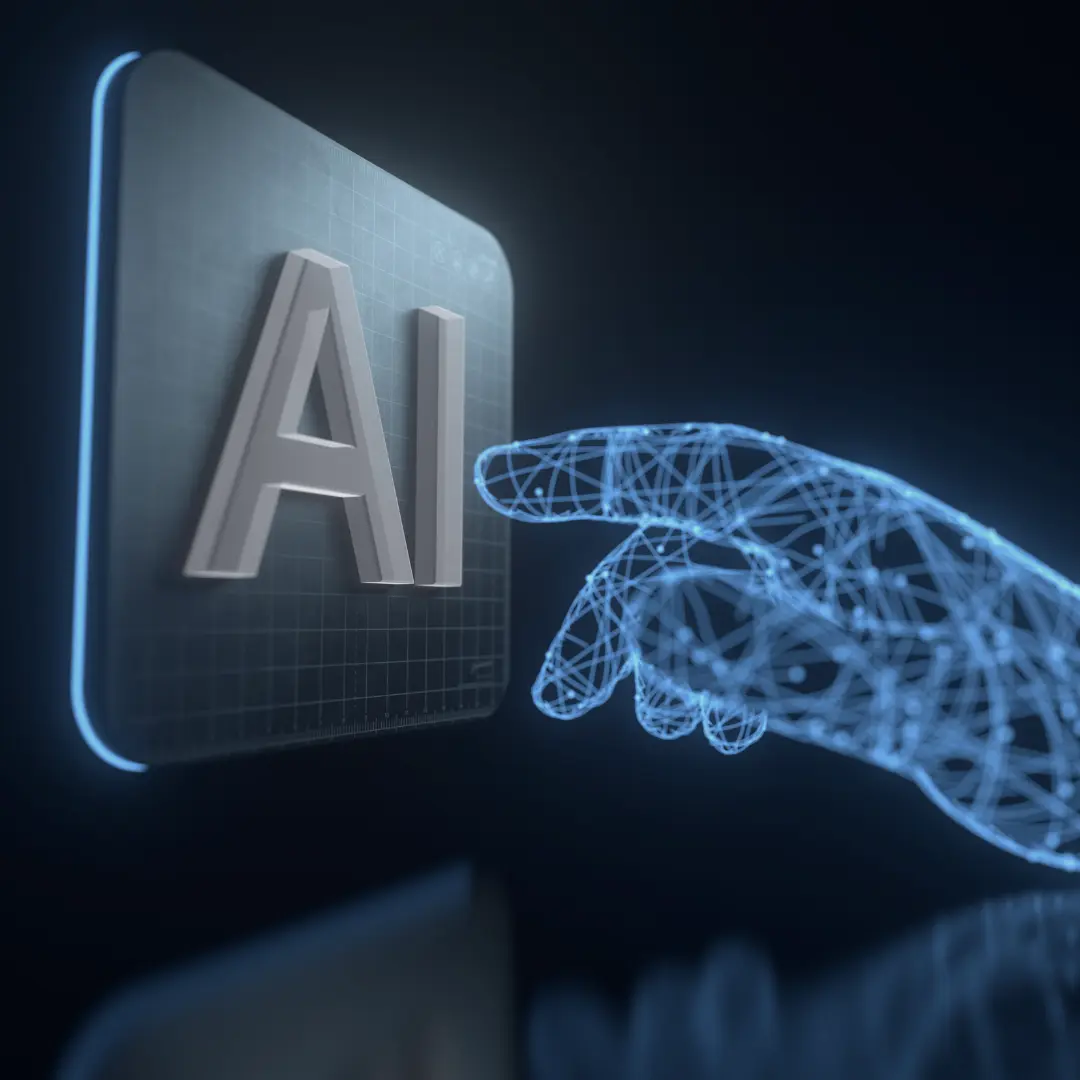Introduction
In today’s fast-paced digital landscape, industries like fintech, insurance, manufacturing, and healthcare are increasingly reliant on robust and reliable systems. Site Reliability Engineering (SRE) has emerged as a critical discipline to ensure system performance, availability, and scalability. Integrating Artificial Intelligence (AI) into SRE practices can significantly enhance these capabilities. This article explores the top 10 AI use cases that can transform your SRE strategies and drive operational excellence.
1. Predictive Incident Detection and Prevention
Description: Leverage machine learning algorithms to analyze historical incident data alongside real-time system metrics. AI models can predict potential system failures or performance issues before they occur.
Benefit: Proactive remediation reduces downtime, enhances user experience, and maintains high service availability.
2. Real-Time Anomaly Detection
Description: Implement AI-driven anomaly detection to monitor transaction patterns, API usage, and system behaviors in real-time. This helps in identifying deviations from normal operations promptly.
Benefit: Immediate response to irregularities minimizes the impact on service integrity and security, ensuring consistent system performance.
3. Automated Root Cause Analysis (RCA)
Description: Utilize AI tools to sift through logs, metrics, and traces to pinpoint the root causes of incidents quickly. Machine learning can identify patterns that might be overlooked by manual analysis.
Benefit: Significantly reduces Mean Time to Resolution (MTTR) by expediting the troubleshooting process, leading to faster recovery times.
4. Intelligent Alerting and Noise Reduction
Description: AI can filter out false positives and prioritize alerts based on severity and potential impact by learning from historical data and operator responses.
Benefit: Minimizes alert fatigue among engineers and ensures critical issues receive immediate attention, improving overall operational efficiency.
5. Capacity Planning and Resource Optimization
Description: Apply AI to analyze usage trends and predict future resource requirements accurately. This includes forecasting peak times and potential scaling needs.
Benefit: Optimizes infrastructure costs by preventing over-provisioning and ensuring adequate capacity during high-demand periods.
6. Advanced Log Analysis and Pattern Recognition
Description: Employ AI to process and analyze vast amounts of log data to uncover hidden patterns, anomalies, and potential issues that may not be evident through manual analysis.
Benefit: Provides deeper insights into system performance and potential vulnerabilities, enabling preemptive action to prevent incidents.
7. Security Threat Detection and Fraud Prevention
Description: Implement AI systems to detect unusual activities such as suspicious login attempts, unauthorized access, or fraudulent transactions.
Benefit: Enhances security by enabling faster detection and response to threats, safeguarding sensitive data, and maintaining customer trust.
8. Automated Compliance Monitoring and Reporting
Description: Use AI to continuously monitor systems for compliance with industry regulations and internal policies. Automated report generation simplifies audit processes.
Benefit: Ensures adherence to regulatory requirements with reduced manual effort, mitigating the risk of non-compliance penalties.
9. Intelligent Incident Response Automation
Description: Develop AI-driven automation scripts that execute predefined actions during incidents, such as triggering failovers, scaling resources, or rolling back deployments.
Benefit: Reduces MTTR and minimizes human error by automating routine recovery procedures, leading to more resilient systems.
10. Enhanced Support with AI Assistants
Description: Deploy AI-powered chatbots and virtual assistants to handle routine inquiries from customers and internal teams, providing instant support and information retrieval.
Benefit: Improves response times, enhances user satisfaction, and allows human resources to focus on complex tasks that require specialized expertise.
Embracing AI for a Competitive Edge
Integrating AI into SRE practices offers a multitude of benefits across various industries:
By embracing these AI-driven solutions, CIOs and CTOs can not only strengthen their organization’s SRE capabilities but also gain a significant competitive advantage in the market. The convergence of AI and SRE is not just a technological upgrade—it’s a strategic imperative for organizations aiming to deliver robust, secure, and high-performing services in today’s digital era.
About lowtouch.ai
lowtouch.ai specializes in delivering AI-powered solutions that transform Site Reliability Engineering (SRE) practices. With deep expertise in SRE, we offer advanced tooling and platforms designed to enhance system reliability, security, and operational efficiency for industries such as fintech, insurance, manufacturing, and healthcare. Our innovative solutions enable organizations to proactively detect and prevent incidents, automate routine tasks, and optimize resource utilization while ensuring compliance with regulatory standards. By leveraging cutting-edge AI technology, lowtouch.ai empowers businesses to achieve unparalleled system performance and gain a competitive edge in today’s digital landscape.
About the Author

Rejith Krishnan
Rejith Krishnan is the Founder and CEO of lowtouch.ai, a platform dedicated to empowering enterprises with private, no-code AI agents. With expertise in Site Reliability Engineering (SRE), Kubernetes, and AI systems architecture, he is passionate about simplifying the adoption of AI-driven automation to transform business operations.
Rejith specializes in deploying Large Language Models (LLMs) and building intelligent agents that automate workflows, enhance customer experiences, and optimize IT processes, all while ensuring data privacy and security. His mission is to help businesses unlock the full potential of enterprise AI with seamless, scalable, and secure solutions that fit their unique needs.


